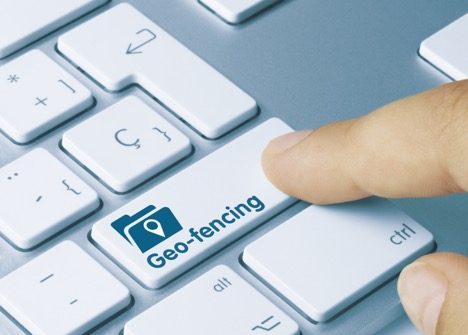Credit score dropped for no reason? Look at these things to try and figure out the cause and get your score back on track.

A whopping 189 million Americans have at least one credit card.
If you’re one of these people, you certainly know there’s one thing that’s more important than your cards: your credit score.
Without a credit score, getting approved for a credit card is almost impossible. And if you have a bad or poor score, you’ll get a credit card, but you’ll be slapped with tight limits and high-interest rates.
It’s for this reason most people strive to maintain good or excellent scores. And so if you just realized that your credit score dropped for no reason, you’ve to act- fast.
Continue reading to learn more about the causes of a suddenly falling score and what you can do to get it back to where it belongs.
Why Is My Credit Score Falling Out of the Blue?
Here are a couple of reasons that could be behind the fall:
You’ve Recently Applied for Credit
Applying for credit, be it a credit card, personal loan, or home equity loan, shouldn’t interfere with your credit score, right? After all, if you have a good score and everything else checks out, you should get the loan.
Well, you’re right, but not quite.
When you apply for credit, most lenders will perform a hard check on your credit report. These checks show up on your report, and they have a negative effect on your score. The more checks you get, the lower your score falls.
So if you recently took out a loan or even made an application that hasn’t been approved yet, don’t be surprised about your falling credit score.
Your Credit Utilization Ratio Increased
Credit utilization ratio? What’s that?
A lot of credit consumers don’t know what credit utilization ratio is, yet it carries a lot of weight when it comes to credit score calculation.
Put simply, credit utilization is the ratio of your credit card balances to your credit limits. It’s expressed as a percentage, and the lower the number, the better for your credit score.
Let’s say you have three credit cards, each with a $1,000 limit. So your total limit is $3,000.
You decide to go on a spending spree and splurge $1,500 — $500 from each card. Now you have a $1,500 balance to settle and $1,500 left to spend. In this case, your credit utilization is 50 percent. The more you spend without paying off any balance, the higher your credit utilization gets, and the lower your credit score falls.
In a perfect world, your credit utilization should matter to credit bureaus, especially if you know you’re going to settle the balances before the due date. Unfortunately, for most people, high credit utilization is a sign of financial pressure. As such, credit bureaus will punish your score if your credit utilization ratio increases suddenly.
You Opened a New Bank Account
If you open a new bank account and leave it inactive for some time, your credit score could drop, and here is why.
You see, credit rating systems are designed to capture and analyze your financial history. When you open a new account, they’ll pick up the information.
An active account – with more money coming in than going out — is a sign of good financial health. This will improve your score. But when an account is inactive, the rating systems see that as a sign of financial trouble, and they’ll push your score a couple of points lower.
What to Do When Your Credit Score Dropped for No Reason
Now that you’ve established your credit ship is sinking, how do you steady and get it cruising?
Here are a couple of effective tips.
Stop Spending on Your Credit Cards
We get it. Credit cards are most people’s go-to payment method, and for good reason. Most cards offer enticing reward programs and the only way to take advantage is to spend on the card.
The perks of paying using credit cards aside, when your credit score is falling you have to put those cards away. Once your credit utilization rate stops increasing, your credit score will also stop falling.
Pay Your Credit Card Balances
Still, on credit utilization, there are only two ways to bring it down: get your credit limit increased or settle your balances.
Since getting a credit limit increase is out of your hands, the only option is to take care of your balances. You don’t have to pay off everything, though – just enough to bring your credit utilization down to less than 30 percent.
Improve Your Payment History
Did you know credit payment history determines 35 percent of your credit score?
When your credit is falling, improving your payment history is one of the most effective ways to bring it up.
If you don’t have any debt obligations currently, it’s advisable to go in for small loan which you can use to improve your payment history and demonstrate to credit bureaus that you’re a financially responsible consumer.
If your score is already in the red territory and you’re afraid of not getting approved for a loan, worry not! Whether you’re an employee or a student, there are loans for bad credit you can secure to help build your credit. Be sure to know more about such loans before applying.
Rescue Your Falling Credit Score
If your credit score dropped for no reason, it’s understandable that you might be in shock. However, it’s important to embrace the fact that there is a reason behind the drop.
With this guide, you now know the most common causes of sudden credit drops, as well as what you can do to stop the drop and increase your score.
Stay tuned to our blog for more helpful tips and insights.
This is a sponsored post.






